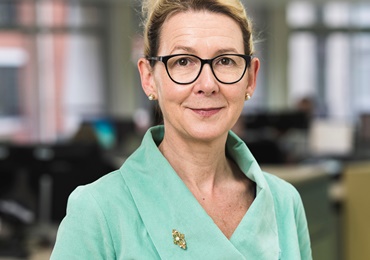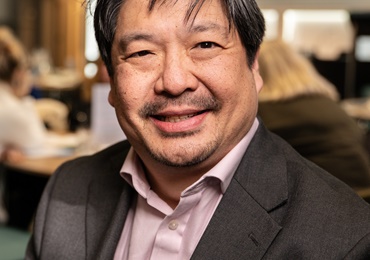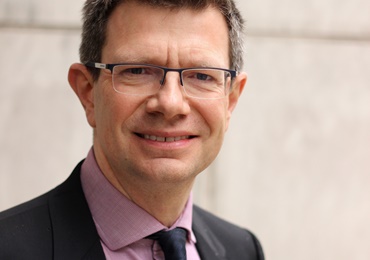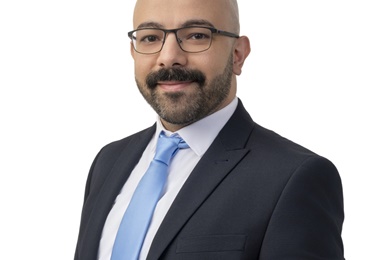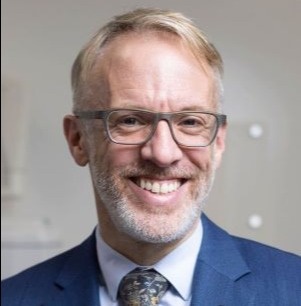Caring, not just treating: Oral health for older adults in care homes
Madalyne is collaborating with the integrated care board (ICB) NHS Sussex and Special Care Dentistry on a pilot project in West Sussex, focused on utilising dental therapists to provide domiciliary care for older adults residing in care homes. She shared her thoughts on this at the Dental Leadership Network event in June 2025, summarised below.
I work as a dental therapist in West Sussex, providing dental care to older adults living in care homes as part of an innovative pilot project. This pilot is supported by ICB NHS Sussex, with clinical input from Special Care Dentistry, and is being run from Crabtree Dental Practice in Crawley.
These are some of the most vulnerable patients I have ever met. Many are frail, living with multiple medical conditions or dementia. Most have well-restored full or partial dentition, showing that they have looked after their oral health throughout their lives. Unfortunately, now without access to regular dental care, they risk silently suffering with untreated dental disease.
Through this pilot, I am able to bring preventive and routine dental care directly into the care home, avoiding the stress and logistical challenges of travel for these residents. I carry out oral health screenings and provide treatment within my scope, focusing on comfort, dignity, and quality of life through minimal intervention dentistry. Communicating effectively with vulnerable patients, showing patience and empathy, is essential in this work. Prevention is at the core of what I do – an area where dental therapists are highly trained and skilled.
Working independently in this setting, without the immediate support of colleagues in the next room, has been both clinically and personally challenging, and at times emotionally difficult. I am learning constantly and remain very aware of my limitations. Thankfully, I have strong support from my dental team, both administratively and clinically. I also use an intra-oral camera to seek guidance or second opinions from dentists when needed, which has been invaluable for treatment planning and reassurance.
Beyond clinical care, I believe that education is the key to improving oral health in care homes. By empowering care staff with knowledge and practical training, they become more confident in supporting residents’ daily oral care. This is only possible when staff understand and value their own oral health first.
While this work is incredibly rewarding, there are still real barriers that limit the care I can provide. For example, I cannot prescribe high-fluoride toothpaste, a simple and effective tool for preventing further decay in high-risk patients. There is no option for dentists to prescribe it remotely, and GPs will not add it to their prescribing lists. Small gaps like this have a big impact on patients’ health and comfort. Another challenge is the under-commissioning of domiciliary dental care. Despite increasing demand, current services reach only about 1.3% of those who need them. This pilot, however, shows what is possible. We are making a real difference by providing oral health care plans and empowering carers to identify and respond to dental issues early, creating pathways for care and support. My patients are not looking for cosmetic results, they simply want respect and dignity, to eat, to speak, and to live without pain.
It’s time to remove these barriers so we can deliver the high-quality, compassionate care that older adults deserve, improving the lives of our ageing population, our families, and, one day, ourselves.
 eGDC
eGDC



